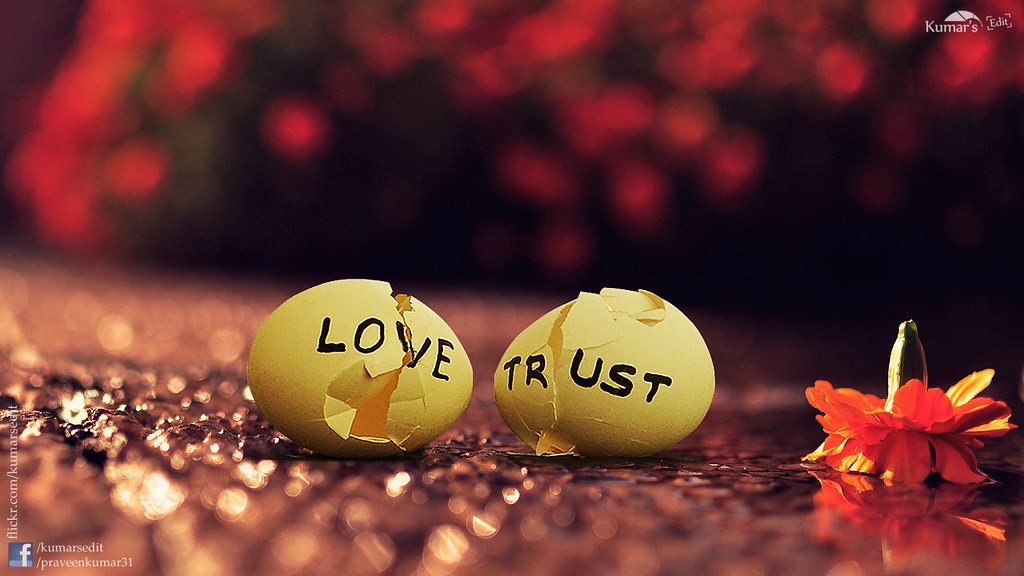When the Bough Breaks

My psychotherapy practice with adult twins bears out the research that indicates female identical twins form the most intimate attachments. As a result, a rupture in their connection is usually traumatic for one or both of them. I have counseled an identical twin woman in her forties, whom I will call Bertha, for almost two years. At this point in time, she and her sister have been estranged for more than ten years. After finding that other therapists could not grasp her twin issues, she contacted me for help with understanding her conflicted relationship with her sister. At the outset of therapy, Bertha repeatedly blamed her twin for much of the misery she has experienced throughout her life. She was agitated when I refused to affirm her beliefs right away.
Bertha and her twin are the youngest of four daughters. Their father was a fisherman who was at sea much of the time. Their mother was an emotionally and physically abusive woman who controlled her children with an iron fist. Bertha explained that she was the only child who dared to defy their mother. Consequently, she endured harsher corporeal punishment and verbal abuse than the others.
Her twin, Betty, was the only family member who could comfort her. Bertha described how they slept together back to back, recalling how this evoked feelings of love, safety, and security during the nighttime hours. She also remembered how she and Betty would listen to music together in a shared reverie and enjoy a short-lived emotional escape from the hostile household madness.
Bertha tearfully shared that Betty “dropped” her after they started high school. Without warning, Betty decided that she wanted independence. She “abandoned” Bertha and went on to make her own friends. When Bertha recalls the break up of her twinship, she relives the excruciating psychic pain. She felt vulnerable, fearful, and rejected without Betty’s support. Bertha was convinced that her mother wanted to kill her; she viscerally recalls feeling like slices of her heart were being cut off and like she had no one to console or protect her. Bertha remains convinced that Betty’s rejection is to blame for the unhealthy life decisions that she eventually made, leading her down a path of self-destruction and misery.
It took a lot of time and hard work for Bertha to embrace another perspective about her sister and the aftermath of their rupture. Before our sessions together, Bertha was unable to see the bigger picture. She could not consciously process the impact of her childhood trauma—instead, she fixated on the one-dimensional belief that her sister’s actions essentially threw her to the wolves, leaving her alone to be unmercifully berated and abused by her mother and older sisters.
Now that she has developed a more expansive understanding of her childhood, Bertha is reinterpreting why Betty did what she did. Nonetheless, Bertha remains conflicted about forgiving Betty. Her psychological healing is still a work in progress, so the outcome remains to be seen. Meanwhile, I am learning more about why some female identical twin pairs pay an enormous price for their individual freedom. The capacity to recognize one’s twin as a separate person rather than a competitor requires empathy, self-reflection, accountability, and an understanding of the dyadic interaction between two distinct individuals.
Image courtesy of Kumar’s Edit (CC BY 2.0)

